Muslim Women in Tech: Mariam Mohamed at DTE Energy
Lifestyle
|
Apr 17, 2017
|
9 MIN READ

Muslim Women in Tech is a series of interviews that highlights inspiring powerhouses who are making their mark in the tech industry, detailing the highs and lows from their career journeys. They offer insight on the day-to-day demands of this burgeoning and lucrative industry and what it's like to be a Muslim woman in Technology. Our sixth installment features Mariam Mohamed, a 24-year-old Computer Science grad with an MS in Information Systems who is a Strategist at DTE Energy.
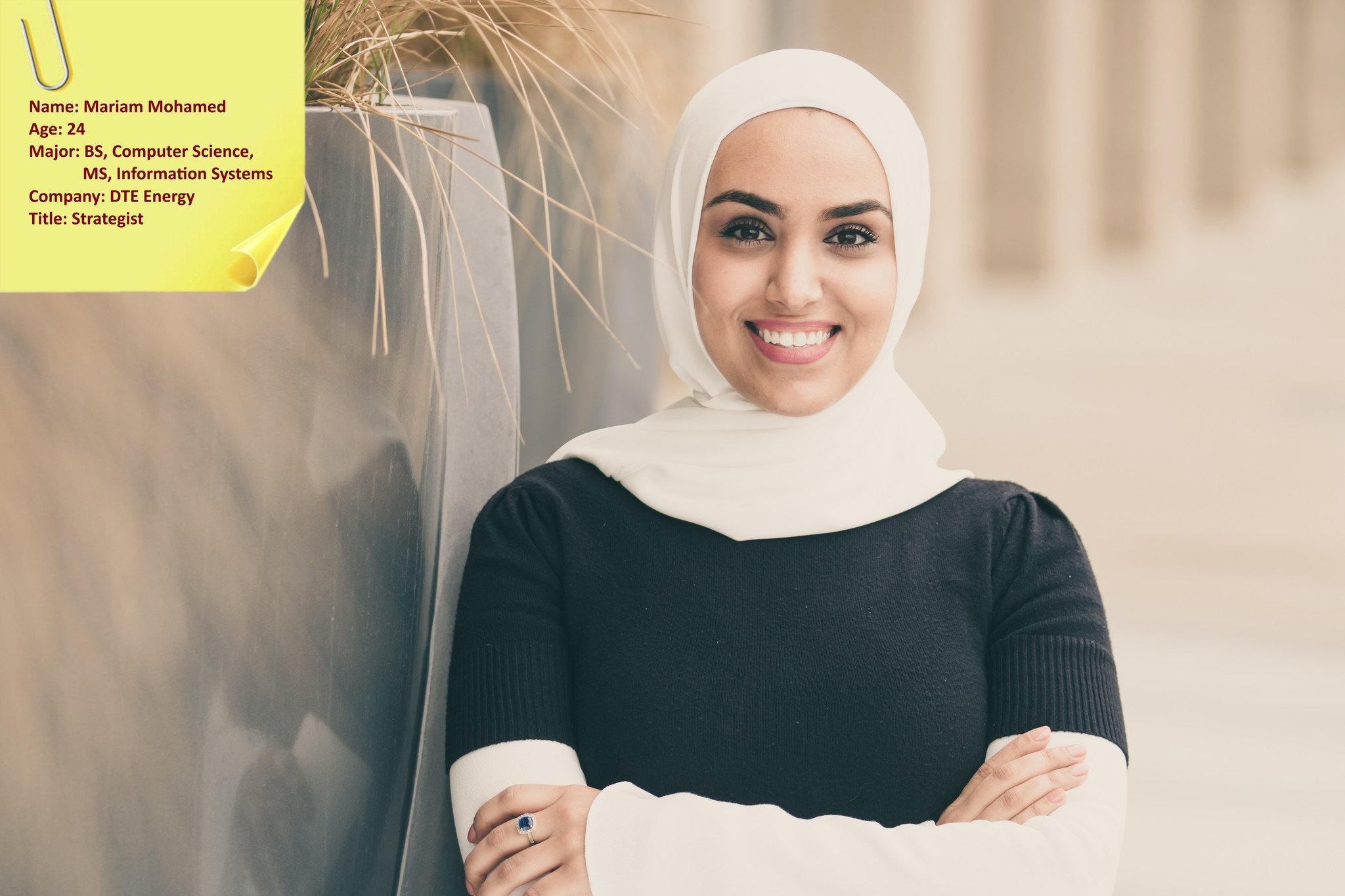
What does your company do?
We’re a Detroit-based energy company. We provide electricity to 2.2 million customers in Southeastern Michigan and natural gas to 1.2 million customers in Michigan.
How did you become interested in engineering?
During high school, I was part of a special program where half of the day I attended DCMST, a STEM-based program, and the other half of the day I attended my public high school. I was first exposed to Computer Science when my teacher recommended I take an AP Computer Science course. The concept of programming and problem solving intrigued me because it was challenging and it felt rewarding when I was able to solve problems with code. That’s what led me to pursue higher education and a career in Computer Science. At the time I wasn’t really sure what the industry held or what I 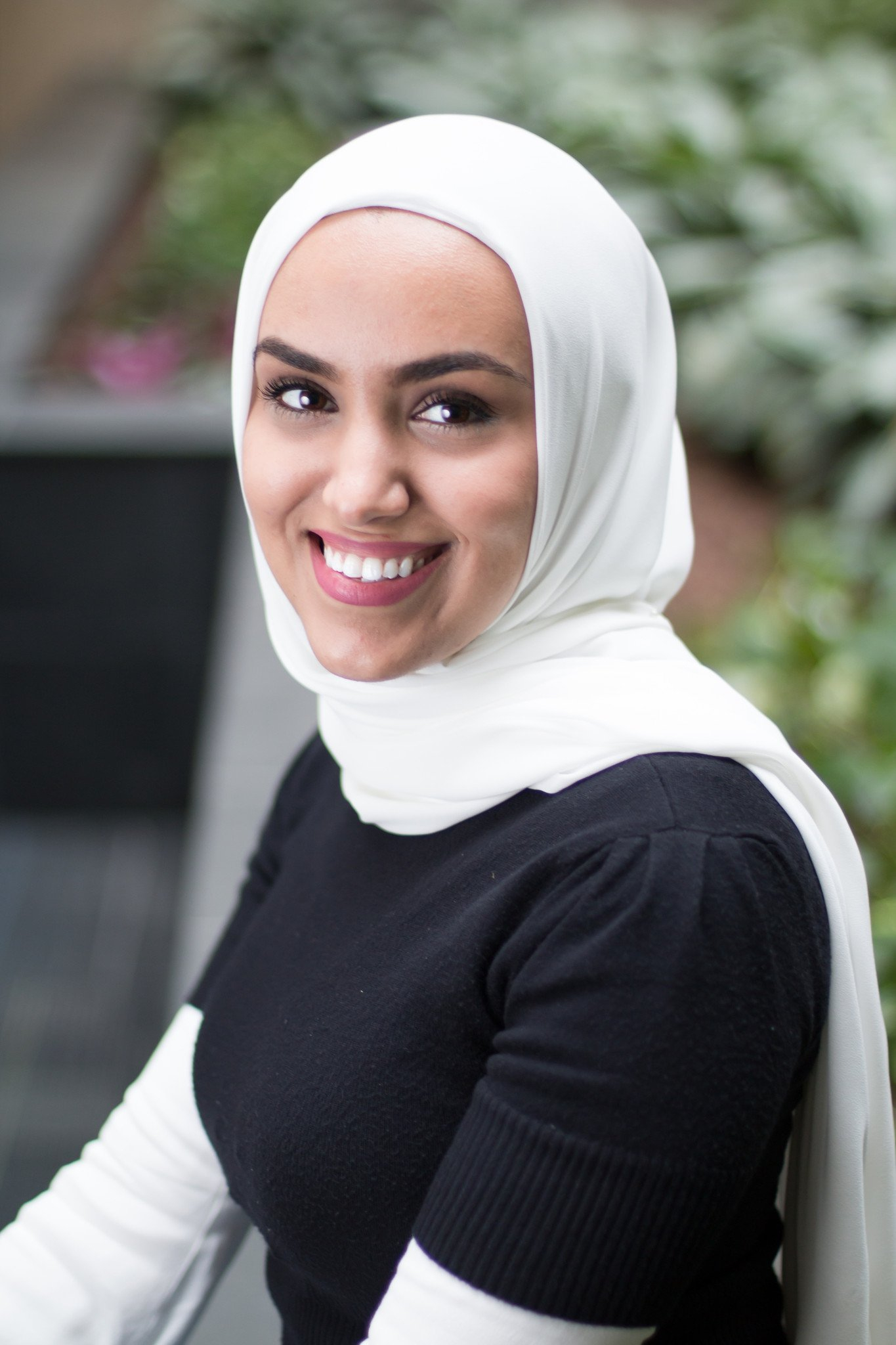 wanted to do exactly, but I knew it was something I wanted to learn more about. After graduation, I attended Wayne State University where I gained a better foundation and learned the theory behind Computer Science. In my second year of undergrad, I started an internship at DTE Energy, where I was exposed to business and web development and began to realize the value I can bring with my skills.
wanted to do exactly, but I knew it was something I wanted to learn more about. After graduation, I attended Wayne State University where I gained a better foundation and learned the theory behind Computer Science. In my second year of undergrad, I started an internship at DTE Energy, where I was exposed to business and web development and began to realize the value I can bring with my skills.

What do you do at DTE Energy?
I am kind of an oddball at the company because I have a strong IT background and education, but I work in operations. I work in our Corporate Services organization, which includes Facilities, Fleet and Supply Chain, and support for all other business units in the company. As a Strategist, I identify areas of opportunity, implement technology-based solutions to improve operations and provide analytical and strategic support to leadership. My day-to-day is never the same. I spend a good amount of my time in meetings - some meetings are recurring to provide or obtain updates on projects, and other meetings are designated working meetings with various internal and external groups to gather and share requirements and discuss solutions. For example, one day I may meet with our internal IT department to discuss enhancements or issues for an enterprise application and on another day I may meet with a vendor to configure a solution for our organization. Additionally, my team supports end-users who use systems and analytics we develop with training and general inquiries, especially when we are introducing new technologies or changing established processes. On a day-to-day basis, I will check-in with my team to provide direction, give assignments, and answer questions. I prioritize the rest of my time to work on deliverables such as creating business cases for new projects, developing web-based BI reports and occasionally developing task-specific applications using code.
Can you tell me about some of your other accomplishments at the company?
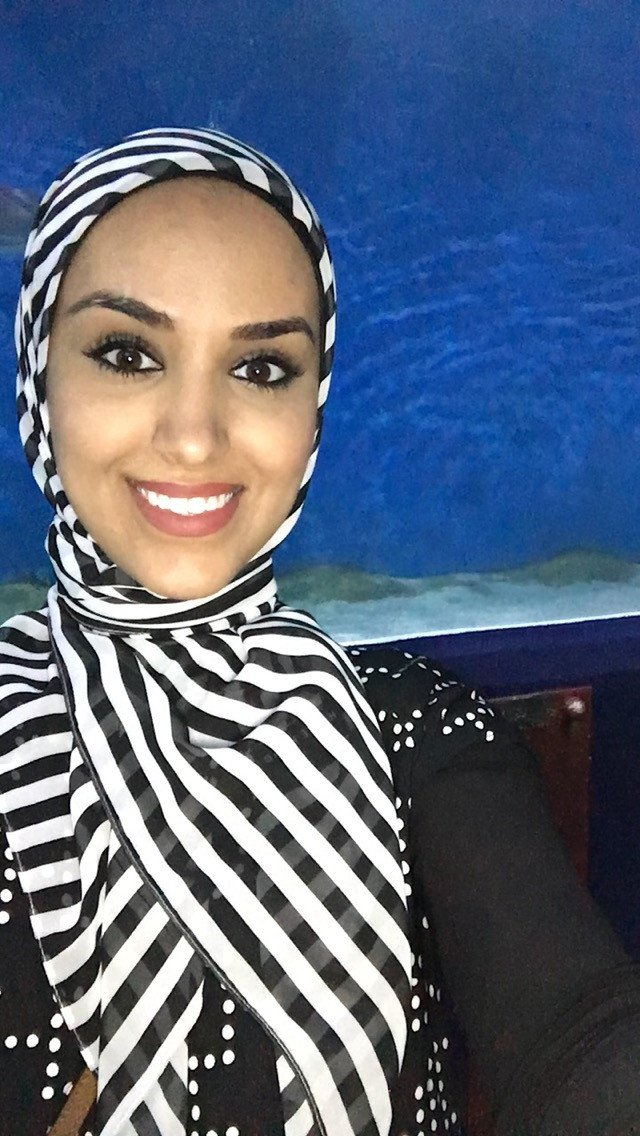
What was it like having an assigned mentor when you were just starting your career out at your company?
When I first started my internship, I was part of a group of about 8 programmers led by my mentor. He was a great teacher because he started us out with learning assignments and challenged us to figure things out on our own instead of just giving us the solutions. He showed us that we could learn any programming language as long as we knew the basics and can Google our way to the end. He involved me in increasingly more impactful projects and helped instill a level of confidence in my abilities, which paved the way for me to mentor other student programmers a year later. My current mentors are executives from different functions that help me tremendously with navigating career decisions and ensuring that I am continuously moving forward in my career. I highly recommend seeking out mentors early on in your career. Because I know how important and beneficial having a mentor is, I also mentor a few students and professionals throughout the organization.

*Bonus* Mariam is wearing our Gardenia Bliss scarf!!
What is mentoring other students like?
Initially, as a mentor, I had a hard time giving up and delegating work. I learned to delineate work to the students while also allowing them to learn from me. Once I learned to let go, I was able to move on to bigger projects that had different requirements and get exposure to other parts of the business. I also became better at managing and prioritizing my own work. Mentoring is very rewarding and I enjoy it very much.
Do you face any issues being a relatively young person in a management position at your company?
The majority of people I work with have spent their entire careers at DTE and are accustomed to doing things a certain way. I have ideas about how we can improve, but many peers are resistant to changing "tried and true" processes for new technological solutions. Regardless of the obstacles – whether it’s user resistance due to a lack of experience with new technologies or resource limitations to support the implementation – each change/implementation is a challenge I really enjoy. Even though I am often the youngest person in the room, age has never created any boundaries or hindered relationships. I always make an extra effort to get people onboard without coming off as arrogant and inexperienced.
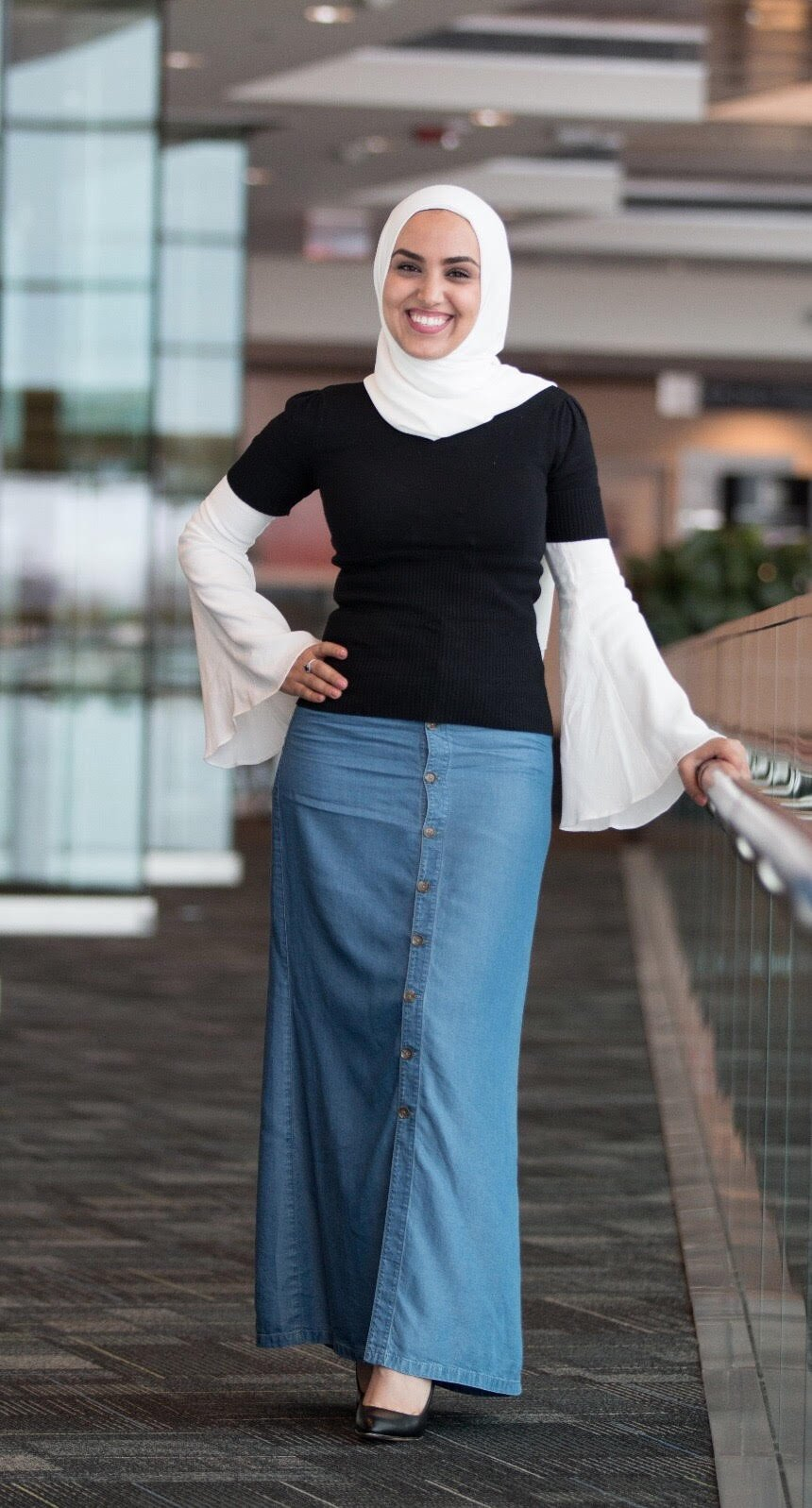
The best way to gain buy-in from peers is by involving them in the overall process – from start to finish. People want to feel that their opinions matter, as they should, so keeping that at the forefront of anything new is crucial. When someone feels like they played a role and added value to something, they are more inclined to accept the new idea or at least give it a try. Another strategy is demonstrating the solution and show how it can add value to our current operations.
What is it like being a Muslim and woman in your field?
When I first started at DTE Energy, I felt like I was the only Muslim woman because I never spotted another hijabi in the building. But now I come across other Muslim women who wear the hijab daily (there’s at least 10 of us and it’s increasing). Alhamdulillah, I’ve been very lucky to work at a place like DTE Energy. People are really friendly and easy to work with. Even though we're in Detroit, a city with a significant Muslim community, there are people at work who have never interacted with a Muslim before. I find that more often they are curious more than anything and really want to understand the culture and religion; I love that every day I am put in the position of representing Muslims and responding to their curiosity. I am not going to deny that I had a hard time returning to work after the recent presidential election. I could not help but think about all the different people I work with and come across every day and what their views of me and my community were, based on everything that was portrayed in the media and promoted by the election. At the same time, I told myself I wouldn’t let something like this hold me back. I try to use it to fuel my passion for achieving higher levels of success and showing by action that not everything portrayed about Muslims in the media and during the elections is true.
How do you set yourself up for growth in your career?
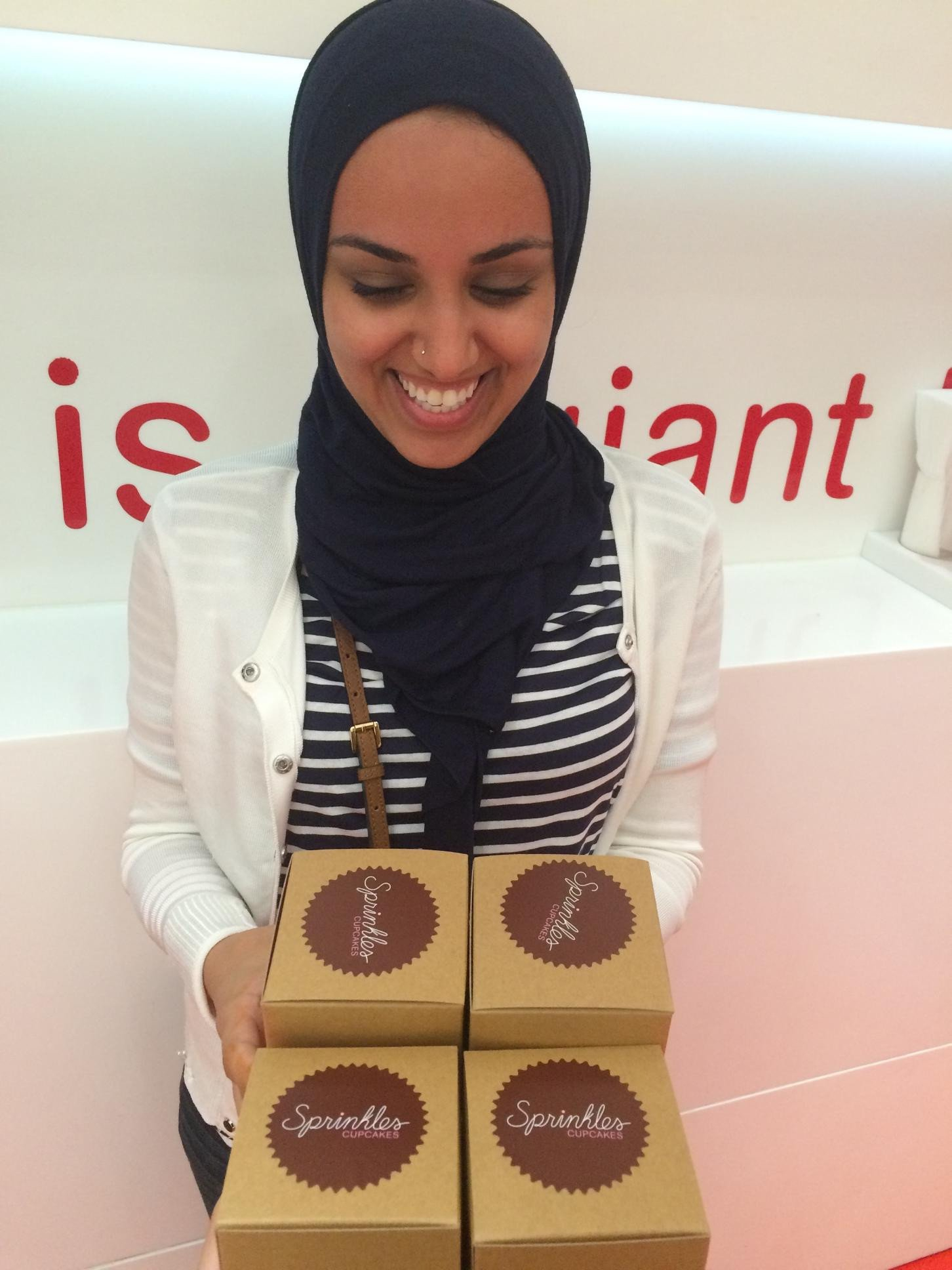
At work, I collaborate with our IT group and different business units to share and gain insights on different topics in IT such as mobility. Additionally, I meet with my mentors on a regular basis to identify internal opportunities and projects that will help me grow in my career.
In my spare time, I use sites such as Code School to learn new programming languages and take on personal projects to apply those skills.
Where do you see yourself in 10 years? What are your goals for the future?
Right now, I’m at a point where I'm trying to figure out how to add value and give back to my community while growing as a Muslim and a professional. I definitely want to promote higher education and IT/Engineering as a field of study. This year, I mentored a robotics high school team and it was great working with the youth. Soon, I will be running an afterschool program to teach a small group of middle school students (from my old middle school) how to code. I am as nervous as I am excited to begin the program and constantly make dua that it will be successful and valuable to the students and provide them with the same opportunity to learn to program that I was fortunate enough to have through DCMST. In 10 years, I want to look back and not only feel accomplished when it comes to my career but also when it comes to my religion, my family and my community, inshallah. Career-wise, in 10 years, I see myself as a leader in the IT field, specifically integrating technology to optimize business capabilities. Based on my experience, I see myself continuing to work with larger scale applications and companies. Who knows, maybe I’ll even write my own software application! I want to make an impact in the field, not only as a woman in IT, but also as a Muslim woman in IT. I don’t know of any Muslim women currently in chief executive IT roles, but I hope they are out there and I aspire to be that role model for others in the future inshallah!
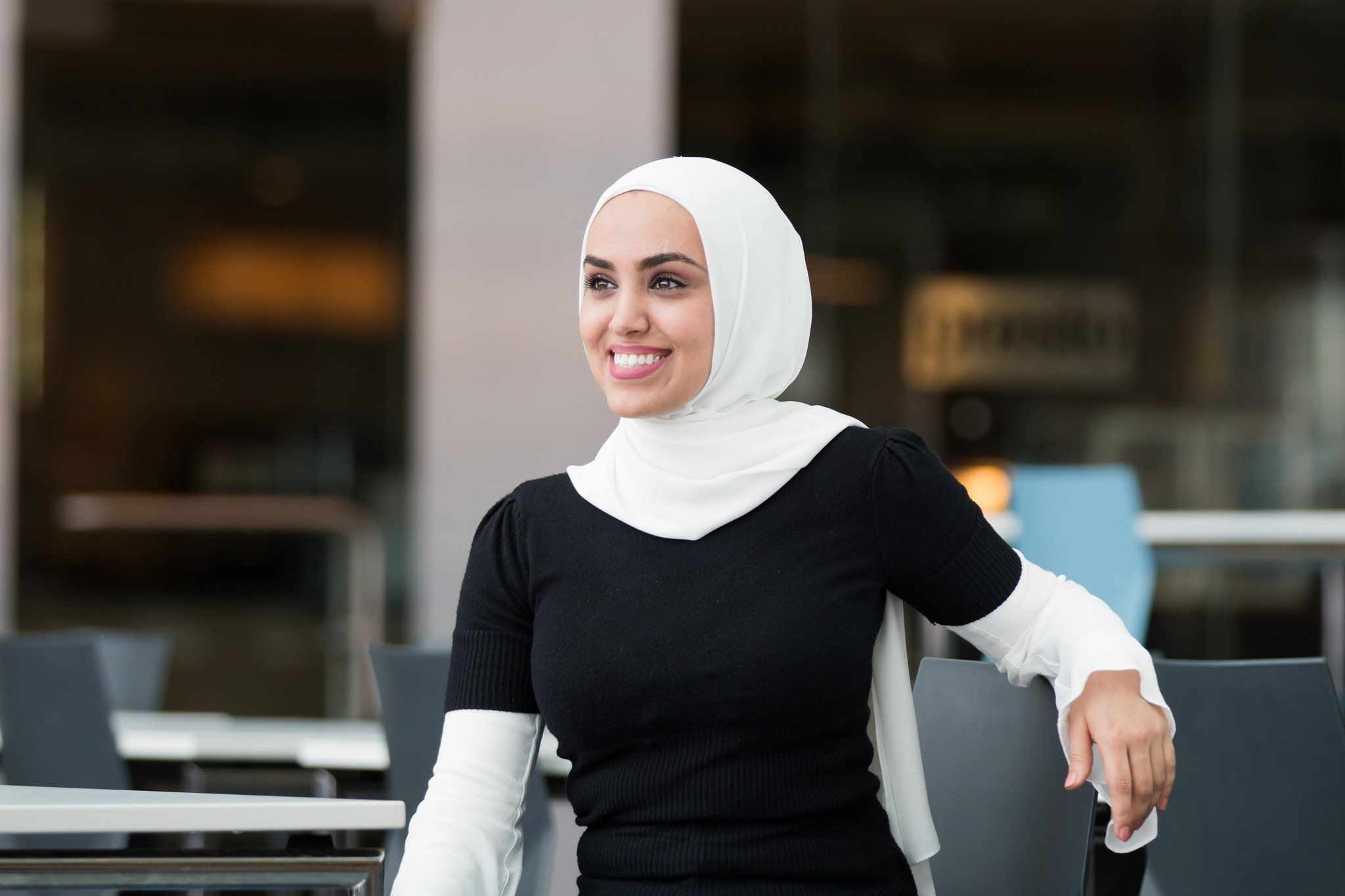
Why is it so important for you to volunteer with the robotics team and start the coding course for young kids?
It’s actually kind of funny how I came about mentoring a robotics team. My co-worker is a hard-core robotics member and works with his kid’s team. He used to always talk to me about their robotics team and how it would be something I would be great at because he believes I have strong programming skills. At one of his past competitions, he came across the Robo-FALCONS, a local rookie team who was predominately Muslim and needed help programming. He thought of me and gave the team my contact information. I thought it was funny that he associated me with the team because some of the members wore the hijab (and to be honest – I thought that was great).
I credit the high school program I attended, DCMST, with sparking my interest in computer science and recognize that there aren’t many students that are exposed to tech. Especially in my community where most of the youth are first or second generation Americans, many opportunities to learn about tech that aren't easily accessible.
Our religion teaches us to give back as a form of sadaqa and inshallah this is one way I can give back and make a difference. At the same time, I’ve always been an advocate for higher education, especially among Muslim women. I’m hoping this will be a solid start that will lead to future initiatives to promote education altogether.
What were some of your favorite insights from Mariam? Share them in the comments below!
Save
Subscribe to be the first to know about new product releases, styling ideas and more.
What products are you interested in?

